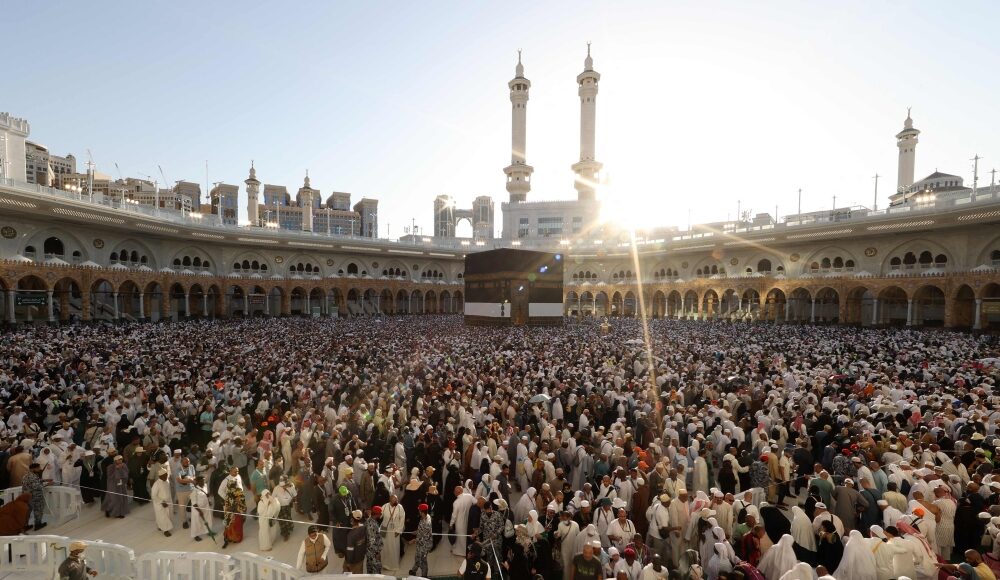JUNE 16 — If my two nights at the King Abdul Aziz Hospital (KAAH) were uneventful, my first night after my discharge from KAAH was just the opposite.
Constant coughing kept me awake and in pain from 11.30pm till 3.30am. I just couldn’t wait for the morning prayer, after which I could take the antibiotics for the pneumonia.
I wondered why I wasn’t prescribed with cough medication.
Muslims visit the Grand Mosque in the Saudi holy city of Mecca June 8, 2025, at the end of the annual Haj pilgrimage. — AFP pic
After the antibiotics and much needed rest, I searched the internet for information on pneumonia. The British National Health System (NHS) website advises the “Dos” and “Don’ts” as follows:
Do:
- rest until you feel better — try to stay at home and avoid contact with other people if you have a high temperature or do not feel well enough to do normal activities
- drink plenty of fluids
- take paracetamol or ibuprofen to help with pain or a high temperature
- cover your mouth and nose with a tissue when you cough or sneeze
- put used tissues in the bin as quickly as possible
- wash your hands regularly with water and soap
Don’t:
- do not take cough medicine — coughing helps your body get rid of the infection
- do not smoke
The first “Don’t” explains why there was no cough medicine.
Coughing is part of the healing. It’s painful, but necessary.
You have to suffer to be better, if not stronger.
“Out of suffering have emerged the strongest souls; the most massive characters are seared with scars. Character cannot be developed in ease and quiet,” philosopher Kahlil Gibran was quoted as saying.
“Indeed, the patient will be given their reward without account.” (Al Quran, 39:10)
The above verse assures me that those who endure patiently, facing trials and tribulations with steadfastness, will be rewarded immensely by Allah SWT, without any limit or measure.
* This is the personal opinion of the writer or publication and does not necessarily represent the views of Malay Mail.





